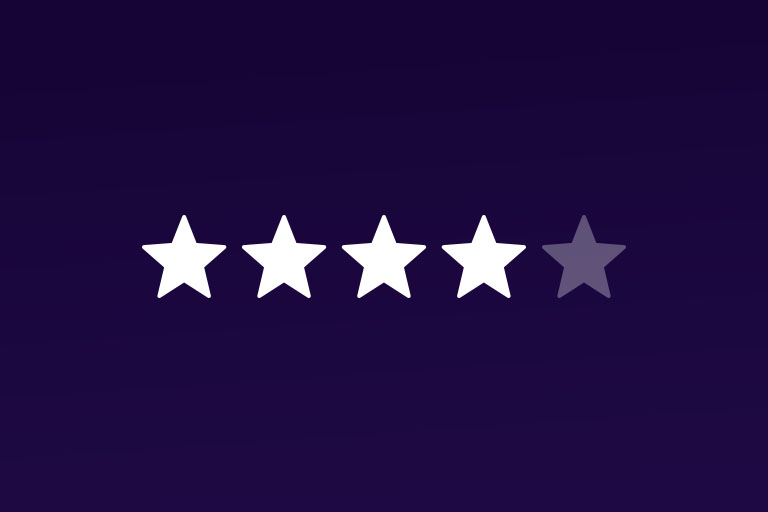Do Your Research to Plan Your Content
Keyword research is the foundation of a successful SEO content marketing strategy. It helps you understand the language your readers use and enables you to craft content that matches their search intent, driving more relevant traffic to your site.For novice content creators, understanding how to conduct research for content planning is essential. Here are specific steps you can take to ensure your content is well-researched and targeted:
- Identify Your Audience: Know who you are writing for. Create audience personas to understand their interests, challenges, and the type of content they prefer.
- Use Keyword Research Tools: Tools like Google Keyword Planner, Ahrefs, or SEMrush can help you find relevant keywords and phrases that your target audience is searching for. Look for keywords with a good balance of search volume and competition.
- Analyze Search Intent: For each keyword, understand the user's intent. Are they looking to buy (transactional), find information (informational), or navigate to a specific site (navigational)? Create content that fulfills this intent.
- Study Competitors: Look at your competitors' content. Identify what they are doing well and where there are content gaps that you could fill. Tools like BuzzSumo can help you see what content is popular in your niche.
- Review Related Questions: Use tools like AnswerThePublic or the "People also ask" section in Google search results to find common questions related to your keywords. This can guide you in creating content that answers these queries.
- Gather Data: Collect data from your own website analytics to see what content resonates with your audience. Use this data to inform future content topics.
- Plan Your Content Types: Decide on the types of content that will best serve your audience and goals, whether that's blog posts, videos, infographics, or podcasts.
- Create a Content Calendar: Organize your research findings into a content calendar. Plan when and where you'll publish your content to keep a consistent schedu
Craft High-Quality Content
Quality content is pivotal for ranking in search results. Google's E-E-A-T guidelines highlight the importance of Experience, Expertise, Authoritativeness, and Trustworthiness in content creation.E-E-A-T is a framework that can guide content creators in producing high-quality content that is likely to perform well in search results. Here's a breakdown of each component:
- Experience: This refers to the practical knowledge or hands-on involvement the content creator has with the topic. Content that reflects personal experience or unique insights gained through direct interaction with the subject matter is often more engaging and can provide real value to readers.
- Expertise: Expertise indicates the level of knowledge or skill the author or content creator has in a particular field. An expert is typically well-educated or has significant experience in the topic they are discussing. Content from experts is more credible and authoritative, which can help it rank better in search results.
- Authoritativeness: This element relates to the reputation of the author or the website publishing the content. An authoritative source is recognized in its field and often cited by others. Authoritativeness can be enhanced by comprehensive coverage of a topic, a track record of high-quality content, and earning backlinks from other reputable sources.
- Trustworthiness: Trustworthiness is about the reliability and honesty of the content and the source. Trust is built when content is accurate, transparent, and provides clear sourcing for information. Trustworthy content should also be free from factual errors and should come from a domain that has established credibility.
To differentiate your content, incorporate insights from internal experts, include original research, and ensure comprehensive coverage of your topics. Tools like the SEO Writing Assistant can provide recommendations to further enhance your content's readability and SEO.







